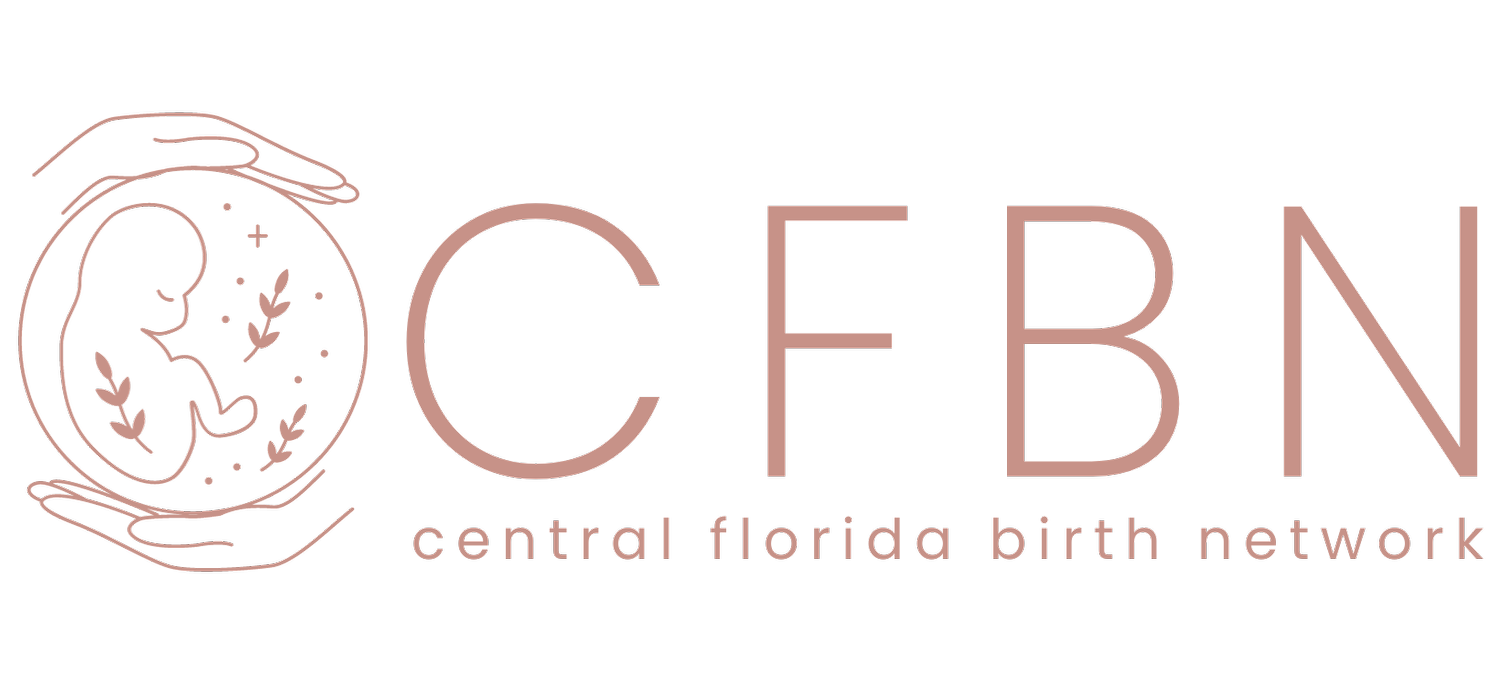Mother’s Milk Bank of Florida
Do you offer a sliding scale or discounted services?: Yes, we have a sliding scale for families with medically fragile babies at home.
The Mothers' Milk Bank of Florida is a 501(c)3 charity organization. More that 5,000 Floridian mothers have given their precious milkt to help MMBFL provide over 2,600,000 ounces of safe, pasteurized donor human milk to 50 recipient hospitals and over 250 Babies at home since opening in June of 2015.
Donor Recruitment. Donors are mothers who are in good health, have more milk than their baby needs, and whose infants are growing and thriving during the time the mothers collected the milk that will be donated. Donors must undergo a multi-phase screening including a telephone interview, detailed health questionnaire, medical release form from healthcare providers for mother and her baby, and a free blood test. Mothers who have experienced perinatal loss also donate milk.
Human Donor Milk Collection. Approved donors can bring frozen milk directly to the milk bank, ship the milk using overnight express services, or drop the milk off at one of our Milk Drop Depots. Milk Drop Depot sites are partnerships with a medical facility or business that hosts a convenient location for mothers to bring their frozen breast milk for donation. There are 29 depot sites across Florida and more are in development.
Human Donor Milk Pasteurization. MMBFL is accredited vy the Human Milk Banking Association of North America (HMBANA) and adheres to their standards for donor milk pasteurization and storage. Each deposit of human donor milk is given a unique identifying bar code and stored in a -18 degrees C (0 degrees F) freezer until processing. A deposit of milk is thawed and undergoes a nutritional analysis. Milk from 2 to 4 donors is “target pooled” (mixed together) to achieve a minimum of 20 calories per ounce and 1 gram of protein/dL. The milk is strained and dispensed into 100 mL bottles that are labeled with pool, batch, and bottle number. Milk is pasteurized in an industrial pasteurizer using the Holder method (62.5C for 30-minutes). Following pasteurization, bottles are rapidly chilled. One randomly selected bottle from each batch is used to obtain a specimen for bacteriological analysis. The remaining bottles are stored in the freezer until final lab results are reported to the bank. Only milk with zero bacterial growth is dispensed to our 50 recipient facilities and babies at home.
Babies at Home Financial Assistance. While families do not incur additional costs to receive PDHM while their infant is in the hospital, they do incur out-of-pocket expenses to receive PDHM once their infant is discharged from the hospital. For most families, PDHM is cost prohibitive. A charitable care fund, Babies at Home Financial Assistance program, has been established to ensure that more families can access life-saving donor human milk for their infant with medical needs, regardless of the family’s ability to pay. A triage system is in place to prioritize the distribution of PDHM to the most critically ill babies first. Our hope is that no fragile baby in Florida will be denied donor human milk due to a lack of insurance or financial resources.
Community & Professional Education. The Community & Professional Education Program reaches across broad sectors throughout Florida through strategic partnerships, collaborations, and volunteerism opportunities. The outreach program communicates that donating breast milk is a unique act of kindness that allows infants in Florida to grow and thrive by receiving the best start in life. Recipient hospitals are provided with guidance and expert resources to assist them in their due diligence activities related to developing and sustaining a PDHM program.


